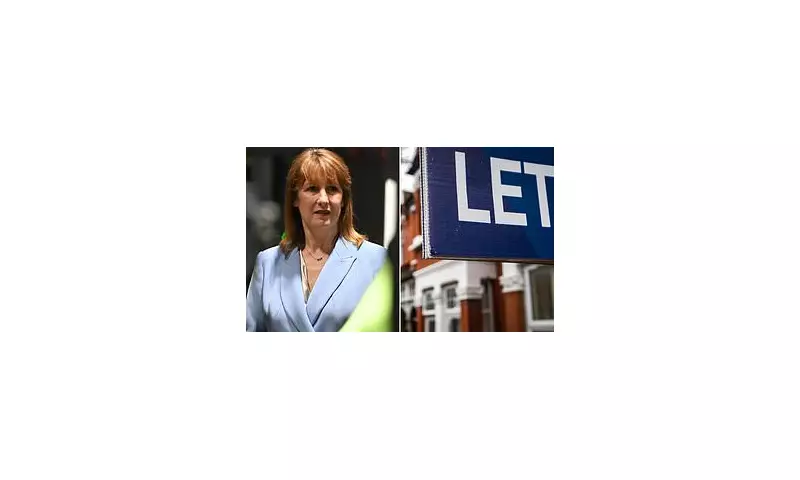
In a bold move that could revolutionise Britain's property landscape, Chancellor Rachel Reeves is reportedly crafting a sweeping tax overhaul targeting private landlords. Treasury officials are actively exploring the application of National Insurance contributions to rental income—a policy shift that would mark the first time such levies hit the buy-to-let sector.
The £50 Billion Challenge
The proposed measures come as the Labour government confronts a staggering £50 billion spending black hole inherited from previous administrations. With public finances stretched to their limits, the Treasury is scrutinising every potential revenue stream to fund essential services without breaking manifesto pledges on income tax, VAT, and National Insurance rates for employees.
How the Landlord Tax Would Work
Currently, landlords pay income tax on their rental profits after deducting allowable expenses, but National Insurance contributions remain exclusively for earned income. The proposed change would effectively create a new tax category for property investors, potentially adding billions to Treasury coffers annually.
The implementation could take several forms:
- Applying Class 2 and Class 4 NICs to rental profits
- Creating a new NIC category specifically for property income
- Phasing in contributions to avoid market shock
Industry Backlash and Warnings
Property industry leaders have already sounded alarm bells about the potential consequences. The National Residential Landlords Association warns that additional tax burdens could force many landlords to exit the market, exacerbating Britain's already critical rental supply crisis.
"This would be the final nail in the coffin for many landlords already struggling with rising interest rates and regulatory changes," said one industry insider. "We're likely to see rents increase as costs are passed to tenants, or properties sold off, reducing rental availability."
Political Tightrope Walk
The Chancellor faces a delicate balancing act. While targeting landlords may prove politically popular among tenants, the policy risks unintended consequences for the housing market and could contradict Labour's commitment to not raising taxes on "working people."
Whitehall sources indicate that the Treasury is modelling various scenarios to assess the impact on different landlord profiles—from accidental landlords with single properties to large-scale portfolio investors.
What Happens Next?
While no formal decision has been made, the serious consideration of this policy signals the government's willingness to explore creative—and controversial—revenue solutions. The announcement could form a centerpiece of Labour's first autumn budget, setting the tone for their economic approach.
Property experts advise landlords to monitor developments closely and consider consulting tax specialists to prepare for potential changes to the fiscal landscape governing rental investments.





